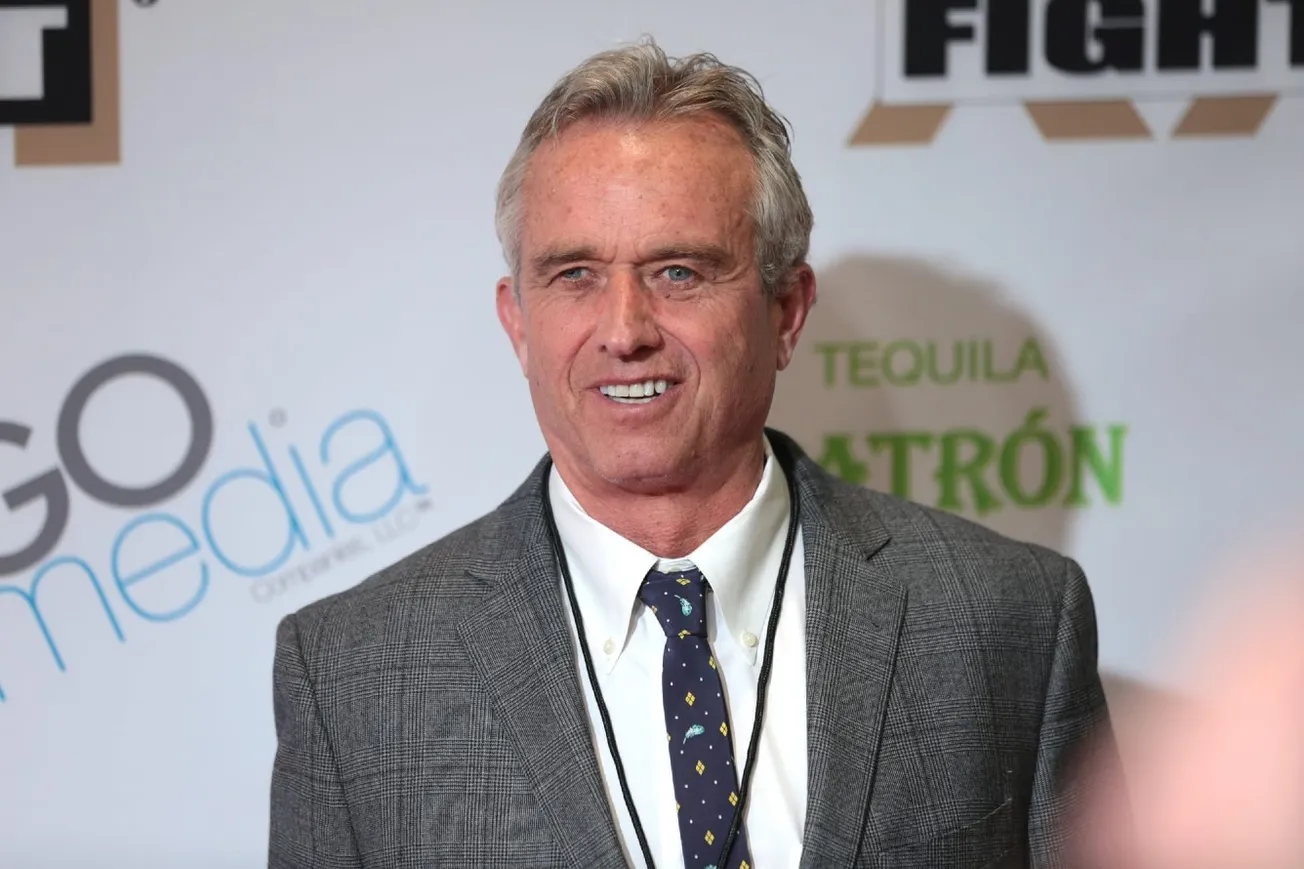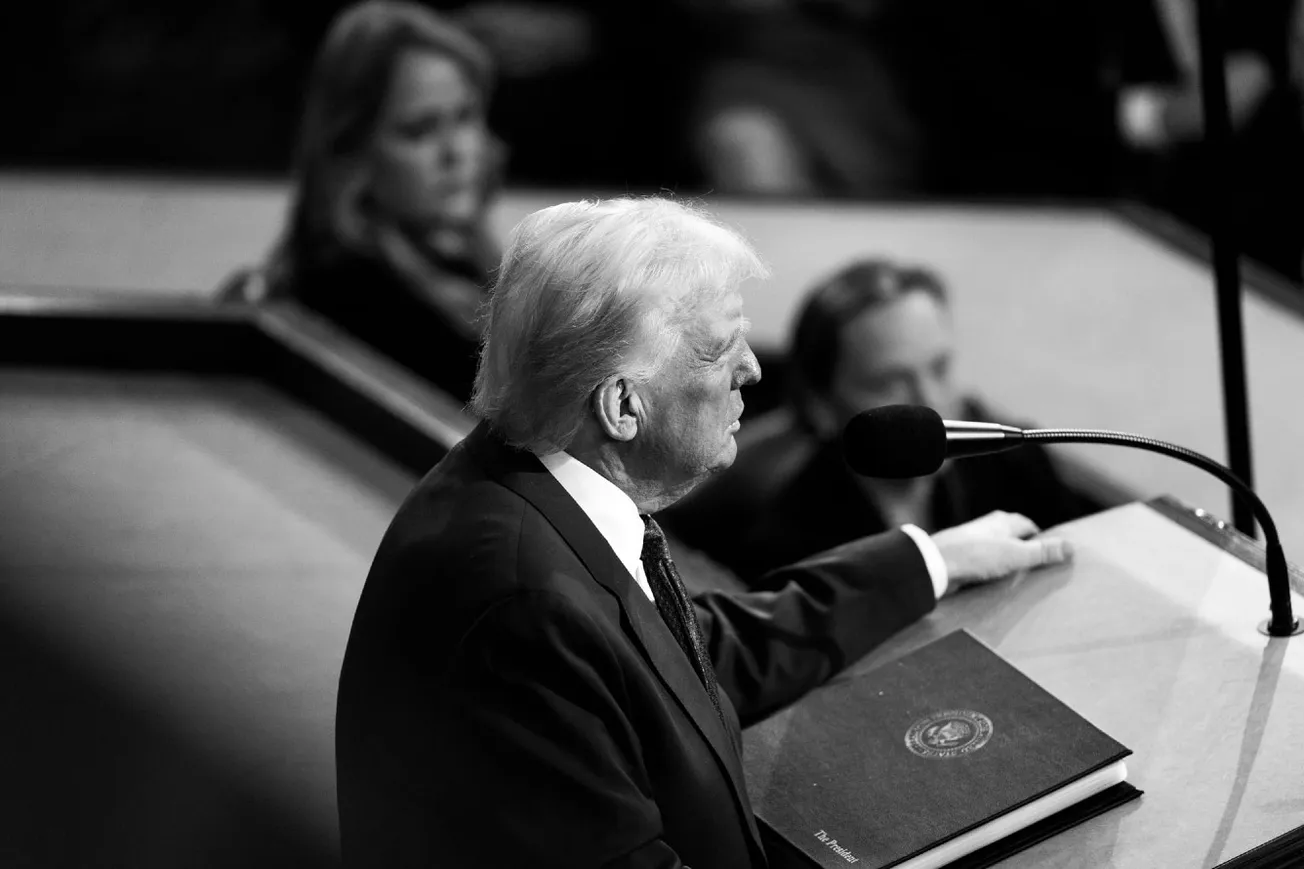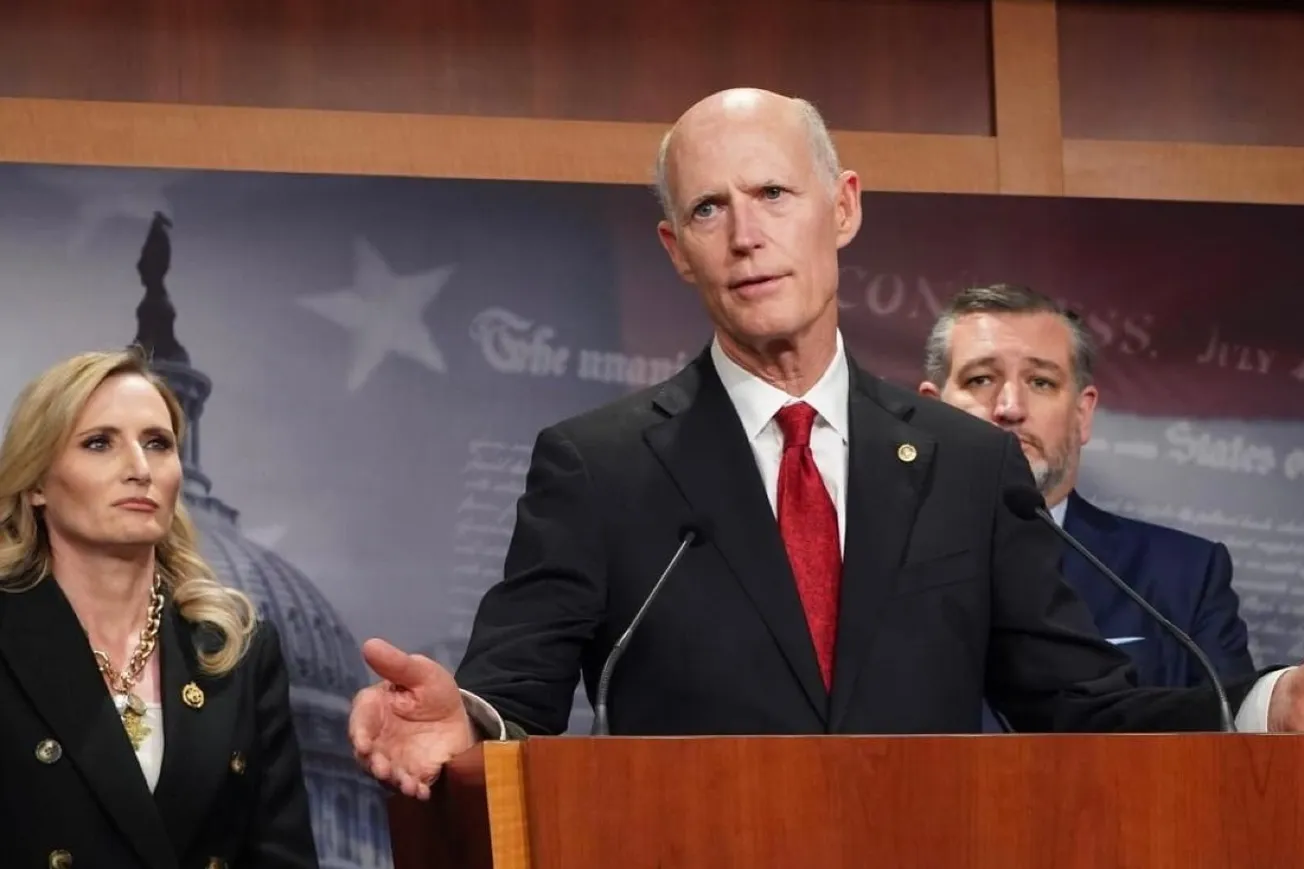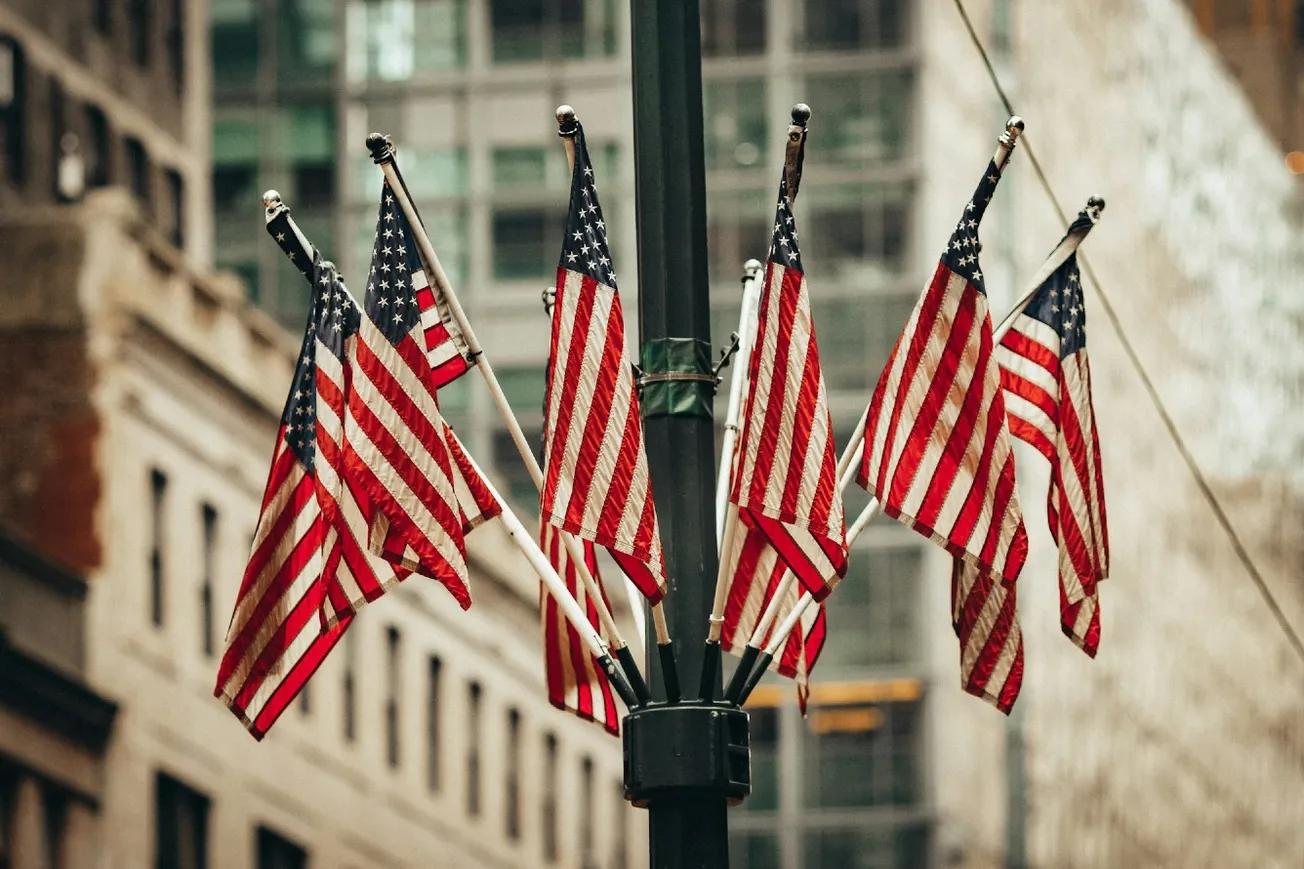By Adam Pack via Daily Caller News Foundation | November 30, 2024
President-elect Donald Trump’s nomination of Robert F. Kennedy Jr. to helm the Department of Health and Human Services(HHS) is reportedly rattling drugmakers in light of Kennedy’s prior calls to ban pharmaceutical advertising.
If confirmed by the Senate to serve as HHS secretary, Kennedy could marshal the country’s public health agencies to implement his Make America Healthy Again (MAHA) priorities, leading one pharmaceutical industry observer to claim that Kennedy is likely to attempt a ban on direct-to-consumer (DTC) drug advertising. However, any attempt from Kennedy to crack down on pharmaceutical advertising would almost certainly be challenged by drugmakers on First Amendment grounds and may lack the support of Trump and Republican lawmakers who have so far refrained from commenting on Kennedy’s proposal.
“One of the things I’m going to advise Donald Trump to do in order to correct the chronic disease epidemic is to ban pharmaceutical advertising on TV,” Kennedy said to thunderous applause during a Tucker Carlson Live Tour event in Glendale, Arizona, on Oct. 31. “There’s only two countries in the world that allow pharmaceutical advertising on the airwaves. One of them is New Zealand and the other is us and we have the highest disease rate, and we buy more drugs and they’re more expensive than anywhere in the world.”
Spending on DTC pharmaceutical advertising in the United States ballooned to more than $7 billion in 2023, with ad buys on weight loss and diabetes drugs surpassing $1 billion for the first time, according to analysis from MediaRadar.
‘Threat To The Public Good’
“Whilst we have a relatively benign view of RFK’s impact on the Pharma industry, one thing that does worry us is the potential for the U.S. government to ban DTC advertising of drugs,” United Kingdom-based research firm Intron Health wrote in a report excerpted by FiercePharma, a pharmaceutical industry-focused news outlet. “We see this as the biggest imminent threat from RFK and the new Trump administration.”
Kennedy could wield considerable influence over the second Trump administration’s approach to pharmaceutical advertising since the Food and Drug Administration (FDA) — the chief regulator of the pharmaceutical industry’s advertisements — is housed within HHS.
The Biden FDA issued new guidelines on DTC advertising that went into effect on May 20, requiring advertising to state drugs’ side effects and medication risks in a “clear, conspicuous, and neutral manner.” Kennedy called for a review of these guidelines in an op-ed in The Wall Street Journal published on Sept. 5.
During his run for president and as a Trump campaign surrogate, Kennedy claimed that media outlets who receive substantial ad revenue from pharmaceutical companies cannot report on Big Pharma with objectivity.
“The primary purpose of pharmaceutical advertising is not to influence consumers, but rather the television networks and news itself,” according to a statement on Kennedy’s website. “It gives Big Pharma the power to dictate what goes on the news — and what doesn’t — because the networks won’t bite the hand that feeds them.”
“Every other country in the world recognizes that pharma ads represent a threat to the public good,” Kennedy’s website also claims.
Kennedy’s concern that mainstream media has been co-opted by the pharmaceutical industry to buy news outlets’ silence on scrutinizing drugmakers in exchange for ad revenue has been embraced by influential voices in the MAHA movement and other Trump allies.
“The news ad spending from pharma is a public relations lobbying tactic, essentially to buy off the news,” Calley Means, a Kennedy advisor and MAHA advocate, told Tucker Carlson during an interview on Feb 2. “The news is not investigating pharma.”
“No advertising for pharma,” Elon Musk wrote on X on Nov. 19 in response to a post alleging a correlation between the growth of pharmaceutical advertising and rising media bias.
Dr. Jay Bhattacharya, Trump’s nominee to lead the National Institutes of Health, has also argued that media organizations that rake in pharmaceutical advertising revenue should face increased scrutiny when reporting on public health matters. Bhattacharya was notably blacklisted by Twitter before Musk bought the platform over his criticism of the medical establishment’s lockdown approach to the COVID-19 pandemic.
“Another argument against direct-to-consumer advertising by drug companies: Because of DTC ads, drug companies like Pfizer hold a vice grip on the editorial policies of conventional American media, which can ill afford to lose the advertising money,” Bhattacharya wrote on X on May 30, 2023.
Dr. Marty Mackary, Trump’s pick to lead the FDA, has not commented on Kennedy’s proposal nor allegations that the mainstream media has been corrupted by the pharmaceutical industry.
Ban Denies ‘Opportunity To Be Informed’
Although a ban on pharmaceutical advertising would put the U.S. more in line with the rest of the world, an attempted prohibition of the practice by the incoming Trump administration would likely infringe upon the First Amendment’s protection of “commercial speech,” according to Dr. Jeffrey Singer, a general surgeon and senior fellow at the libertarian-leaning Cato Institute.
“His calls to ban pharmaceutical advertising violate the First Amendment right to freely share and exchange information, including scientific information, and infringe on the individual right to self-medicate,” Singer wrote in a statement following Trump’s nomination of Kennedy to serve as HHS secretary.
Banning pharmaceutical advertising would also make Americans less informed about the availability of drugs and their side effects and widen the information gap between medical practitioners and patients, an apparent contradiction to Kennedy’s pledge to fight for Americans’ ability to question the medical establishment and do their own research, Singer told the Daily Caller News Foundation in an interview.
“On the one hand, RFK Jr. says — and I agree with him — that people need to be empowered. They need to do their own due diligence. We should be doing our own investigations,” Singer told the DCNF. “Well, how are you going to do that if you are barred from hearing what the pharmaceutical companies have to say about their medication, and its risks and benefits and side effects, which the FDA requires them to mention?”
“If you want an empowered population of adults to be able to do their own due diligence, you can’t block them from the information that a pharmaceutical [ad] is going to give them — especially when they’re [pharmaceutical companies] allowed to give it to healthcare practitioners,” Singer added. “Denying us the information actually denies us the opportunity to be informed.”
Uncertain Political Prospects
Kennedy’s call to ban pharmaceutical advertising is likely to face skepticism from Republican lawmakers who have traditionally preferred a deregulatory approach to the pharmaceutical industry. The current legislative effort to ban DTC pharmaceutical advertising in Congress has no support from Republican lawmakers.
“Sometimes when I hear his [Kennedy’s] agenda discussed, people are like ‘sounds great — he’s never going to do it’. There’s zero chance he’s going to be able to undo these conflicts of interests and the power of Big Ag and these Republican lawmakers who have a lot of big donors in these industries,” Megyn Kelly told Casey Means, during a Nov. 20 interview on her show about whether Kennedy’s MAHA priorities have enough support to be achieved during the next four years.
The pharmaceutical industry notably has roughly 1800 registered lobbyists in the United States, and industry PACs have doled out more than $15 million to candidates this year.
Trump tried to further regulate pharmaceutical advertising during his first administration by requiring DTC ads on television to include the list price for nearly all drugs covered by Medicare and Medicaid. Three large drugmakers filed suit in response and a federal judge struck down the regulation before it went into effect, ruling that HHS overstepped its authority to compel drugmakers to include their list prices in advertising.
Trump’s transition team did not respond to the DCNF’s inquiry about whether the president-elect supports Kennedy’s advocacy to crack down on pharmaceutical advertising.
The Pharmaceutical Research and Manufacturers of America, a trade association that lobbies on behalf of the pharmaceutical industry, declined to comment on Kennedy’s calls to ban pharmaceutical advertising.
Adam Pack is a contributor at the Daily Caller News Foundation.
Original article link









